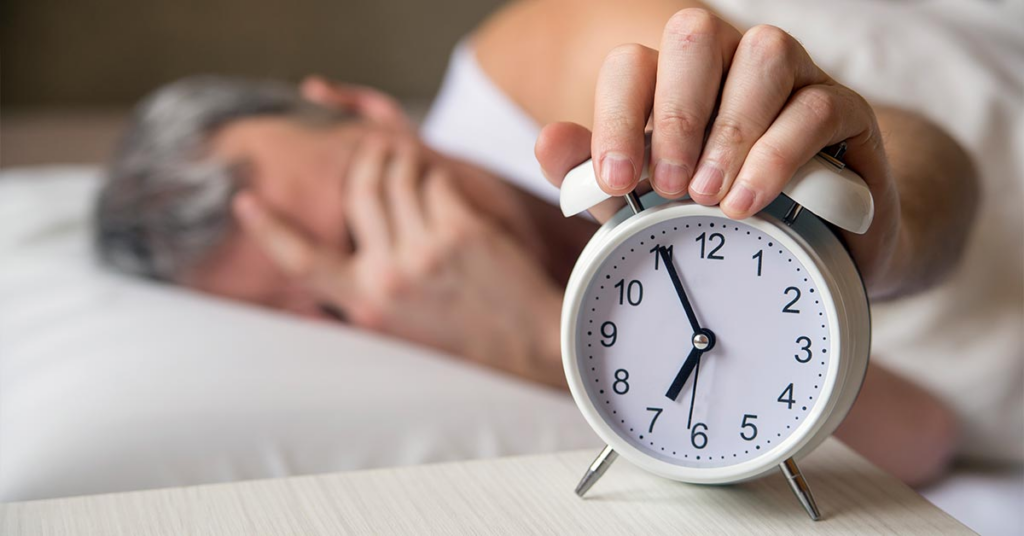Tinnitus, often described as ringing, buzzing, or hissing in the ears, is a condition that affects millions worldwide.
While there’s no universal cure for tinnitus, many individuals find relief through various home strategies.
These methods aim to reduce the severity of symptoms, improve quality of life, and, in some cases, minimise the perception of tinnitus over time. Here are seven effective strategies to manage tinnitus at home.

1. Sound Therapy
Sound therapy involves using external sounds to help reduce the perception of tinnitus or make it less bothersome. This can include:
- Nature Sounds: Playing recordings of rain, ocean waves, or forest sounds can mask tinnitus noises.
- White, Pink, or Green Noise: These sounds can help mask the tinnitus, providing relief. Devices that generate these sounds or apps that play them continuously can be particularly effective.

2. Stress Management and Relaxation Techniques
Stress is a known trigger and exacerbator of tinnitus symptoms.
Implementing stress management and relaxation techniques can significantly impact your well-being and reduce tinnitus symptoms.
- Meditation: Regular meditation can help calm the mind and reduce stress, potentially lessening the impact of tinnitus.
- Yoga and Tai Chi: These practices combine physical movement, meditation, and breathing exercises to reduce stress and improve overall health.
- Deep Breathing: Simple deep breathing exercises can be a quick way to reduce stress levels when tinnitus symptoms spike.
3. Improve Your Sleep Routine
Poor sleep can worsen tinnitus symptoms, creating a vicious cycle. Enhancing your sleep environment and habits can help:
- Sleep Hygiene: Maintain a regular sleep schedule, ensure your bedroom is dark and cool, and limit screen time before bed.
- Background Noise: Use a sound machine or a fan to create a consistent background noise that can mask tinnitus sounds and promote better sleep.

4. Diet and Exercise
A healthy lifestyle can have a positive effect on tinnitus management.
- Exercise Regularly: Physical activity can reduce stress, improve sleep, and potentially lessen tinnitus symptoms.
- Limit Certain Substances: Caffeine, alcohol, and nicotine can exacerbate tinnitus for some people. Reducing or eliminating these substances may help manage symptoms.
5. Mindfulness and Cognitive Behavioral Therapy (CBT)
While traditionally conducted with a therapist, there are resources and apps available that introduce mindfulness and CBT techniques for use at home.
- Mindfulness: Practices that increase your moment-to-moment awareness can help change your reaction to tinnitus, making it less distressing.
- CBT Techniques: Learning to challenge and change unhelpful thoughts about tinnitus can reduce stress and improve coping mechanisms.
6. Hearing Protection
Exposure to loud noises can worsen tinnitus. Protecting your ears from further damage is crucial.
- Use Earplugs: When exposed to loud environments (e.g., concerts, noisy workplaces), earplugs can protect your hearing and potentially prevent an increase in tinnitus symptoms.
- Lower Volume: Reduce the volume on personal audio devices to protect your ears during daily use.
7. Tinnitus Retraining Therapy (TRT) Techniques
Tinnitus Retraining Therapy combines sound therapy with directive counselling. While best conducted under the guidance of a trained professional, some principles can be applied at home:
Habituation Techniques: Learning to reclassify tinnitus as a neutral signal that doesn’t require a stress response can be practised through mindfulness and exposure to tinnitus sounds in a controlled, non-threatening way.

Frequently Asked Questions (FAQs)
Ques 1: How can I quiet my tinnitus?
Ans: Using sound therapy devices, relaxing background sounds, or masking techniques can temporarily quiet tinnitus perception and provide relief from symptoms.
Ques 2: Where do you press to stop tinnitus?
Ans: There are no pressure points that reliably cure tinnitus. But massage and acupuncture points around the head, neck and shoulders may reduce muscle tension and anxiety to mitigate symptoms.
Ques 3: Does anything really help tinnitus?
Ans: Yes, sound therapy using white noise machines, hearing aids, cognitive behavioral therapy, tricyclic antidepressants, and relaxation techniques have evidence backing their ability to reduce irritation and help habituate to tinnitus.
Ques 4: Do tinnitus ear drops work?
Ans: No high quality studies prove ear drops like glycerol or garlic extract significantly improve or eliminate chronic subjective tinnitus. But they may provide temporary partial relief for some people.
Ques 5: What is 1 nutrient that can fix tinnitus?
Ans: No supplement has been shown to permanently cure tinnitus. But deficiencies in zinc, vitamin B12, melatonin and antioxidants may worsen cases, so restoring adequate levels through diet and supplements can help.
Conclusion
While there’s no one-size-fits-all cure for tinnitus, these at-home strategies can provide significant relief and improve quality of life for many sufferers.
It’s important to approach tinnitus management with patience and consistency, as results can vary and may take time to manifest.
If your tinnitus persists or significantly impacts your life, consulting with a healthcare professional is recommended to explore further treatment options.



